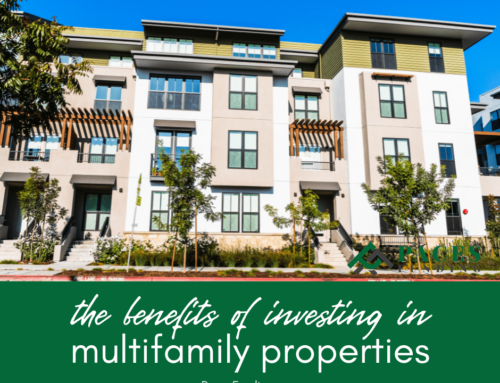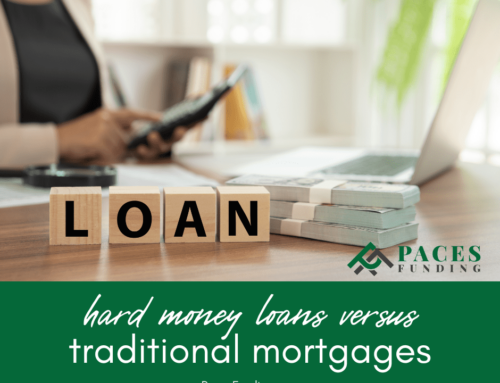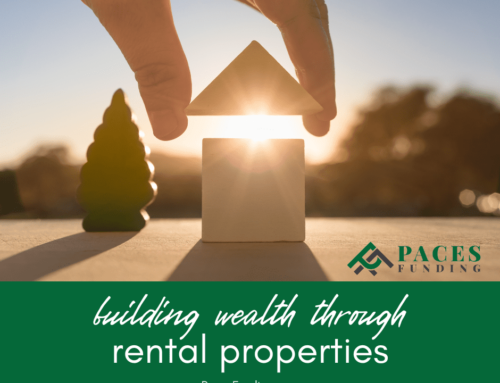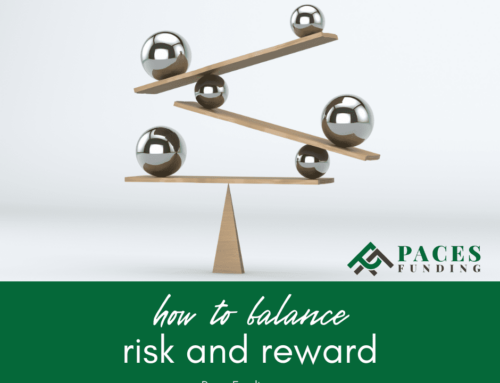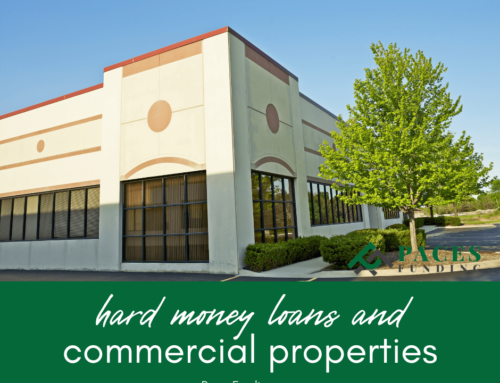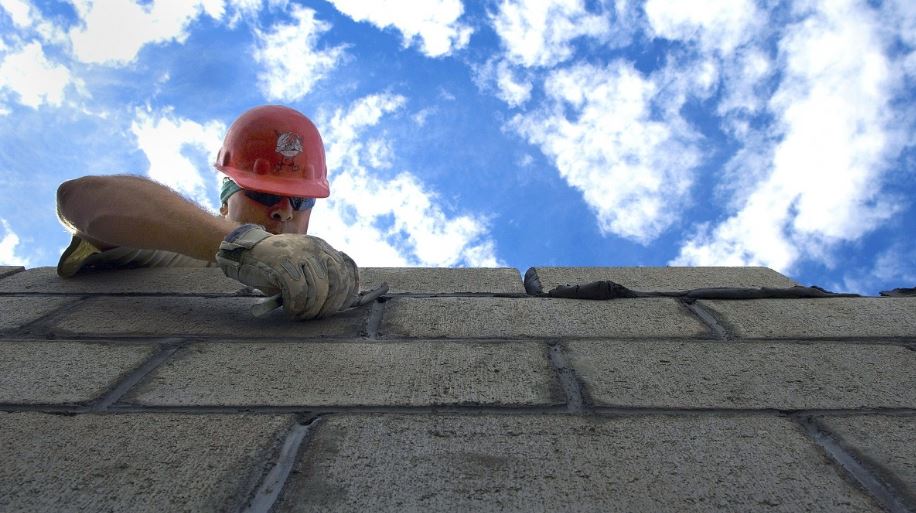
Nashville: Still One Of The Best Places To Flip A House
Personal-finance website WalletHub shows that house flippers in Nashville were still earning above the national average as the summer wrapped up. House flippers in Nashville have been busy turning Nashville homes for sale into big profits. As of the last report, Nashville house flippers were earning a gross profit of around $72,000. Nashville is in the top 20 list of best places in the country to flip a house.
Why Is Nashville Such A Profitable City For House Flipping?
House flipping in Nashville is profitable for a number of reasons. The general market potential for flipping houses is still well. The quality of life in Nashville is very good. Another reason though is that house flippers generally save money on remodeling and renovation costs when compared to other markets. With many available skilled laborers, construction salaries are lower in Nashville than in other areas where skilled laborers are harder to find. They save money, so they make more money.
If you were wondering where the worse place to flip a house in the nation is, it’s Bridgeport, Connecticut.
Are You Looking for a Hard Money Loan to Flip a House Or Buy A Rental Property?
Paces Funding is a hard money lender offering hard money loans to purchase and renovate non-owner occupied residential and commercial properties throughout the Atlanta, Nashville, Florida, or the North and South Carolina metropolitan areas. Our application process for hard money loans is easy. Just fill out this very simple online form and you will be contacted shortly. Unlike other lenders, the window between applying and funding is very small. We have funded properties in as a little as one day, but typically funding hard money loans takes about seven to ten days.
Call us at 404-814-1644 or contact us online to find out whether you might qualify for this type of funding. In the meantime, check to ensure that you meet our loan criteria. Our loan amounts can be up to 65 percent of the after-repaired value of the collateral—and if you use the loan for renovation or construction, the loan amount can be based on the collateral’s improved value.


